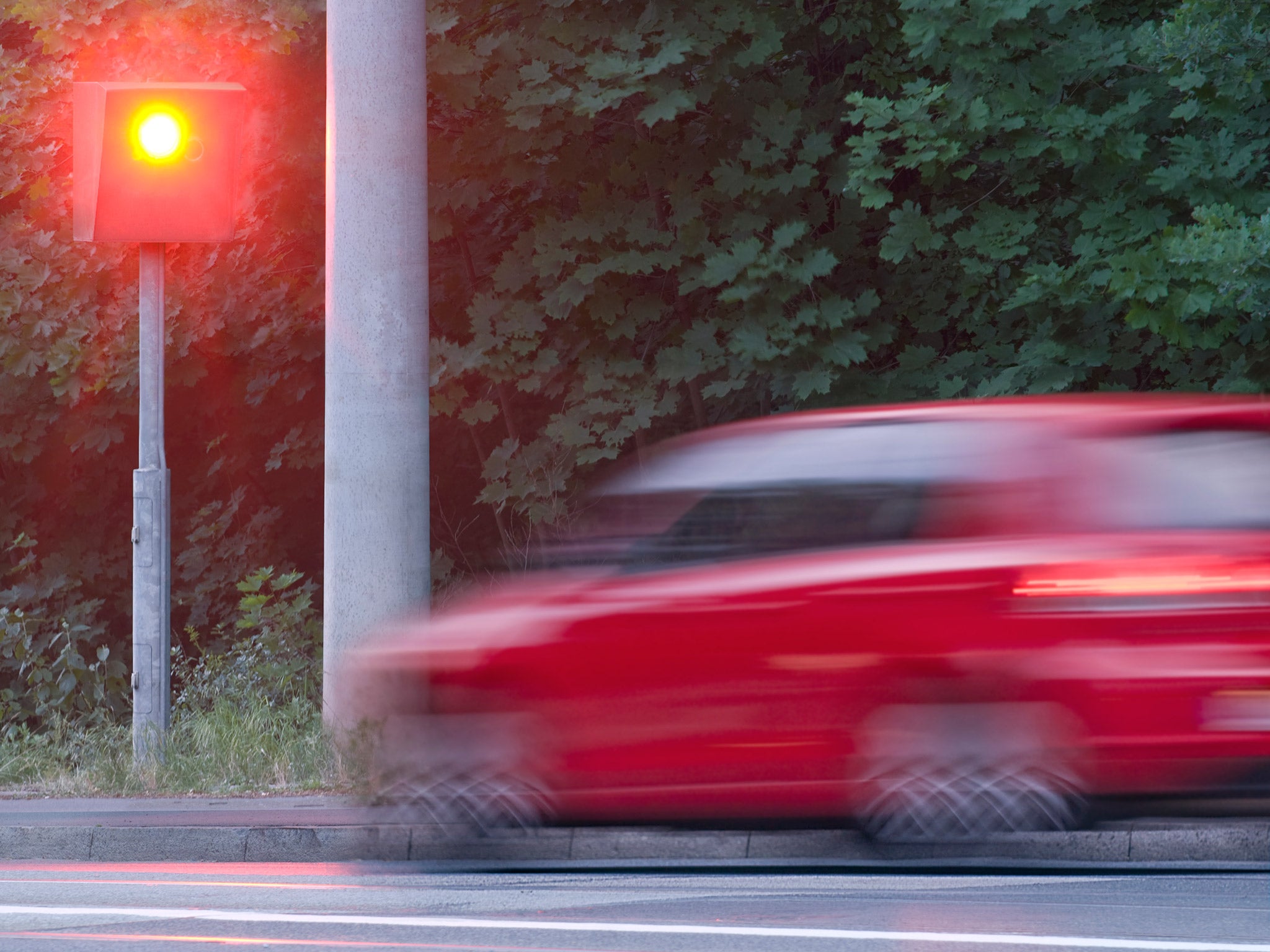Speed cameras that cause traffic jams to be scrapped in the Netherlands
The Dutch traffic information service has often complained about queues caused by police action and produced research last year to highlight the problem

Your support helps us to tell the story
From reproductive rights to climate change to Big Tech, The Independent is on the ground when the story is developing. Whether it's investigating the financials of Elon Musk's pro-Trump PAC or producing our latest documentary, 'The A Word', which shines a light on the American women fighting for reproductive rights, we know how important it is to parse out the facts from the messaging.
At such a critical moment in US history, we need reporters on the ground. Your donation allows us to keep sending journalists to speak to both sides of the story.
The Independent is trusted by Americans across the entire political spectrum. And unlike many other quality news outlets, we choose not to lock Americans out of our reporting and analysis with paywalls. We believe quality journalism should be available to everyone, paid for by those who can afford it.
Your support makes all the difference.Speed cameras in the Netherlands might be there to encourage motorists to keep to the limit, but they actually cause traffic jams.
The Dutch transport ministry and police admit drivers often slam on the brakes when they see speed cameras, and the knock-on effect leads to more traffic. So from this week the new protocol is that when there is a danger of a queue, police will put away the speed cameras.
“[People] brake, and that frequently has a domino effect on the drivers who are behind them,” Alfred van Beilen, an operations expert at the Dutch police, told NOS news. “That can in the end lead to traffic jams.”
He admitted that in the past “poor communication” meant speed cameras were left in place too long and said that the new protocol would help the roads run better in the Netherlands’ flat countryside.
The Dutch are tough on motorists who break the speed limit, with some of the highest traffic fines in Europe. There is a “correction” of just 3km an hour (or three per cent, if the speed is above 100kmph) and then every kilometre above the speed limit incurs a fine.
But now when speed traps – mobile devices set up at different locations – are causing a back-up, transport ministry workers monitoring the roads will instantly alert the police to deactivate the cameras.
The Dutch traffic information service, VID, has often complained about queues caused by police action and produced research last year to highlight the problem.
“Speed controls still regularly cause traffic jams,” the organisation’s Patrick Potgraven said. “Even a queue of 300 metres is extremely unsafe. Controls are supposed to make it safer on the roads, not less safe.”
In the first half of 2015, VID recorded 12 big hold-ups it claims were “100 per cent” caused by cameras, increasing to 23 in the last six months of the year – although there are no official figures.
VID warned that turning off cameras once traffic has backed up is too late. Of course, once drivers are stuck bumper to bumper, it’s a challenge to break the speed limit in any case.
Join our commenting forum
Join thought-provoking conversations, follow other Independent readers and see their replies
Comments